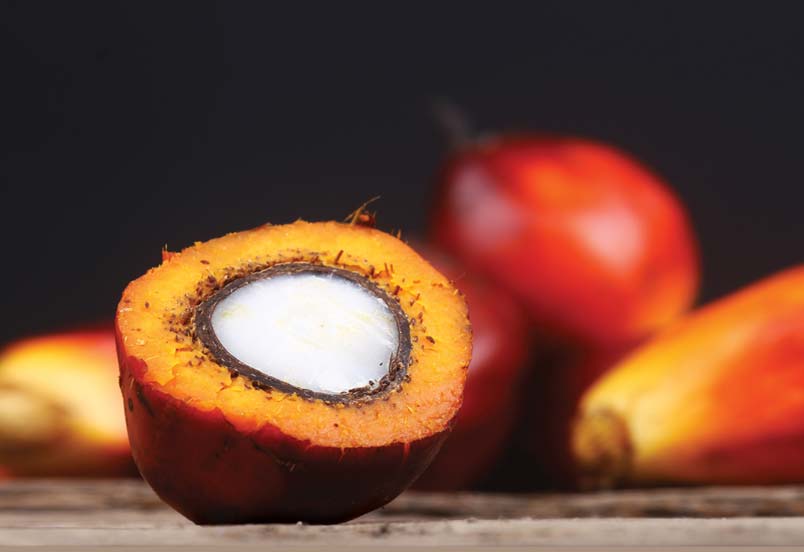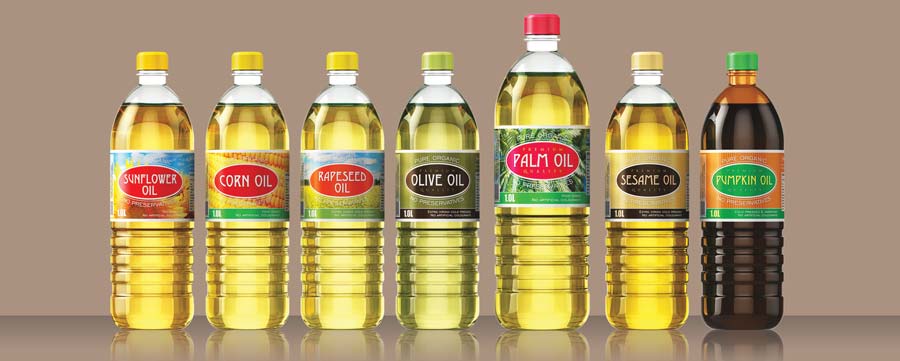



Last year, the European Food Safety Agency (EFSA) issued a report that warned of consequences for human health from contaminants created during the processing and refining of edible oils. The findings have since been widely circulated.
It is clear that oils derived from all sources – soybean, olive, rapeseed, corn, sunflower and oil palm – are affected. However, the EFSA report also acknowledges that the palm oil industry has taken voluntary measures to reduce the process contaminants.
Interestingly, too, laboratory experiments by German group Stiftung Warentest have found that products without palm oil are more likely to contain harmful elements and contaminants, compared to those containing palm oil.
Stiftung Warentest notes: ‘Nocciolata (palm oil-free spread) on the other hand, with sunflower oil and cocoa butter, performs well in sensory tests; but harmful substances make it the loser of the test. The reason for Nocciolata’s low rating is critical substances in its fats: 3-MCPD-Ester and glycidyl-ester. These can occur during the refinement of edible oils.’
Health concerns are a main driver of change in the food industry. According to Bloomberg, companies worldwide had curbed the use of ingredients such as sugar and salt, in about one-fifth of products last year. Coca-Cola has 200 reformulations in the works to lower the sugar content of its products.
Indeed, the slowdown in sugar consumption has become a turning point for that industry, which had seen near-linear growth for half a century due to rising demand from expansion of the world population.

Pages : 1 2